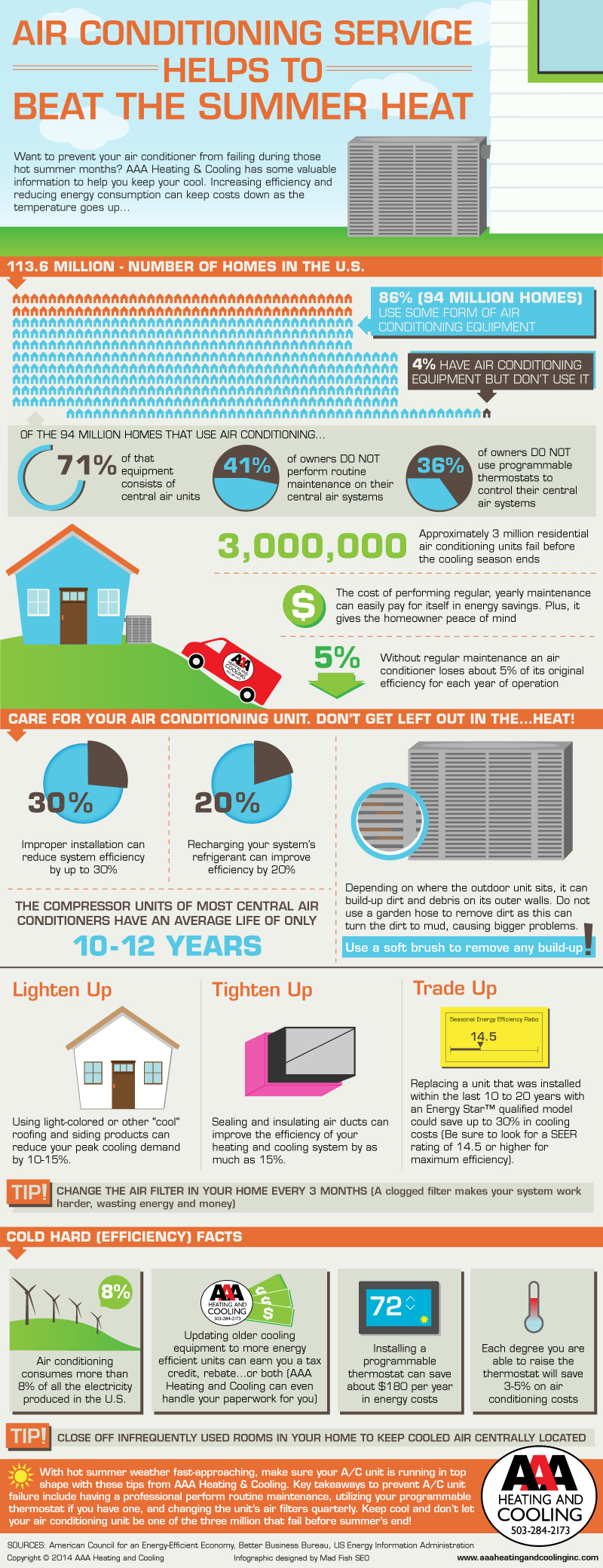Checking Out The Environmental Benefits Of Heat Pumps - A Lasting Heating Solution
Checking Out The Environmental Benefits Of Heat Pumps - A Lasting Heating Solution
Blog Article
Created By-Long Otto
In a period where sustainability and power performance are extremely important, many companies seek eco-friendly heating remedies. One such solution is the heat pump.
A heatpump removes the warmth in its environments and pumps it right into your home, resulting in one of the most reliable green central heater around. This process also produces zero greenhouse gas emissions, making it a highly sustainable innovation.
Power Efficiency
Heatpump are very power reliable and need little upkeep. They utilize less electrical energy than various other heating systems and are by far the most environmentally friendly. They function well with roof solar and can commonly pay for themselves in utility cost savings alone.
They can also offer air conditioning, which is great for garage workshops, attic hangouts and reward spaces, and home additions without prolonging the existing ductwork. They can even be made use of for retrofits in existing homes with hydronic (water-based) circulation systems such as reduced temperature radiators or glowing floorings.
Look for designs with SEER and HSPF scores that fulfill or surpass Canada's minimum requirements, as well as the requirements in your region. Greater ratings mean better performance, which saves you cash in the long run and decreases your carbon footprint. You may even receive discounts and rewards! The most effective devices are those with a ground heat exchanger for included efficiency. These systems can take in thermal energy from the ground during the winter and extract it in the summer season.
Reduced Greenhouse Gas Emissions
Heatpump operate on electrical power and essentially move warmth from the air, also when it's cold outside. They have the ability to extract the cost-free warmth entraped in air fragments and move them indoors, lowering moisture while doing so.
Contrasted to gas heating systems, modern-day heat pumps use less than one kilowatt of power per kilowatt of home heating power they generate. https://www.wral.com/energy-savings-7-energy-efficient-tips-for-saving-money-on-your-summer-electric-bill/20359948/ makes them one of the most energy effective heating option offered with a POLICE OFFICER (Coefficient of Performance) of four or even more. By slashing the demand for nonrenewable fuel sources, heat pumps help in reducing greenhouse gas exhausts and cut various other major air pollutants.
Building decarbonization is a worldwide necessary, and the HVAC industry is a vital motorist of that process. Whether it's investor making web no commitments, plan manufacturers establishing discharges limitations, or tenants demanding greener rooms, electric heat pumps are being recognized as an important option. They are an economical method to lower carbon discharges by removing the demand for fossil fuels in structures.
Flexibility
Heat pumps can be used in numerous kinds of homes and buildings-- with or without ducts. They work with hot-water radiators, air-conditioning and programmable thermostats. best heatpumps can replace heaters or be mounted in new houses. They can operate on photovoltaic panels, geothermal systems or even district home heating sources like wastewater.
https://costofreplacingheatingand90999.newbigblog.com/35276543/5-indications-it-s-time-to-upgrade-your-heating-unit-to-a-heat-pump at delivering more warmth per power unit. For example, an air-source heatpump creates as much as three or more heating systems from each electrical energy system it consumes.
Obtaining the most from your heatpump will depend upon your climate area and top quality of insulation. Seek models with ENERGY celebrity rankings and compare their SEER or HSPF specs. In warmer climates, concentrate on SEER; in colder regions, think about a system with a greater HSPF score. Additionally, purchase air securing and insulation to reduce the lots on your heat pump. That will certainly improve energy effectiveness and assist you reach your Net No goals faster.
Biomass Boilers
Biomass boilers make use of timber pellets, chips or logs to develop warm and hot water. They are a good selection for off-grid properties or those who wish to leave the gas grid.
As a standalone heater, biomass can give enough energy to maintain your home warm all the time without the normal warmth drop off of various other renewable technologies. They can likewise be made use of in conjunction with solar panels to increase savings and gain from RHI repayments.
A downside of these systems is the in advance cost and routine fuel distributions. Frequently, pellets will certainly need to be blown into a gas shop using a vacuum cleaner system or they can be manually fed into the boiler with a hopper. Logs are commonly self-sourced from neighboring forest or bought wholesale. As well as this, they require hand-operated loading and might require cleansing often.